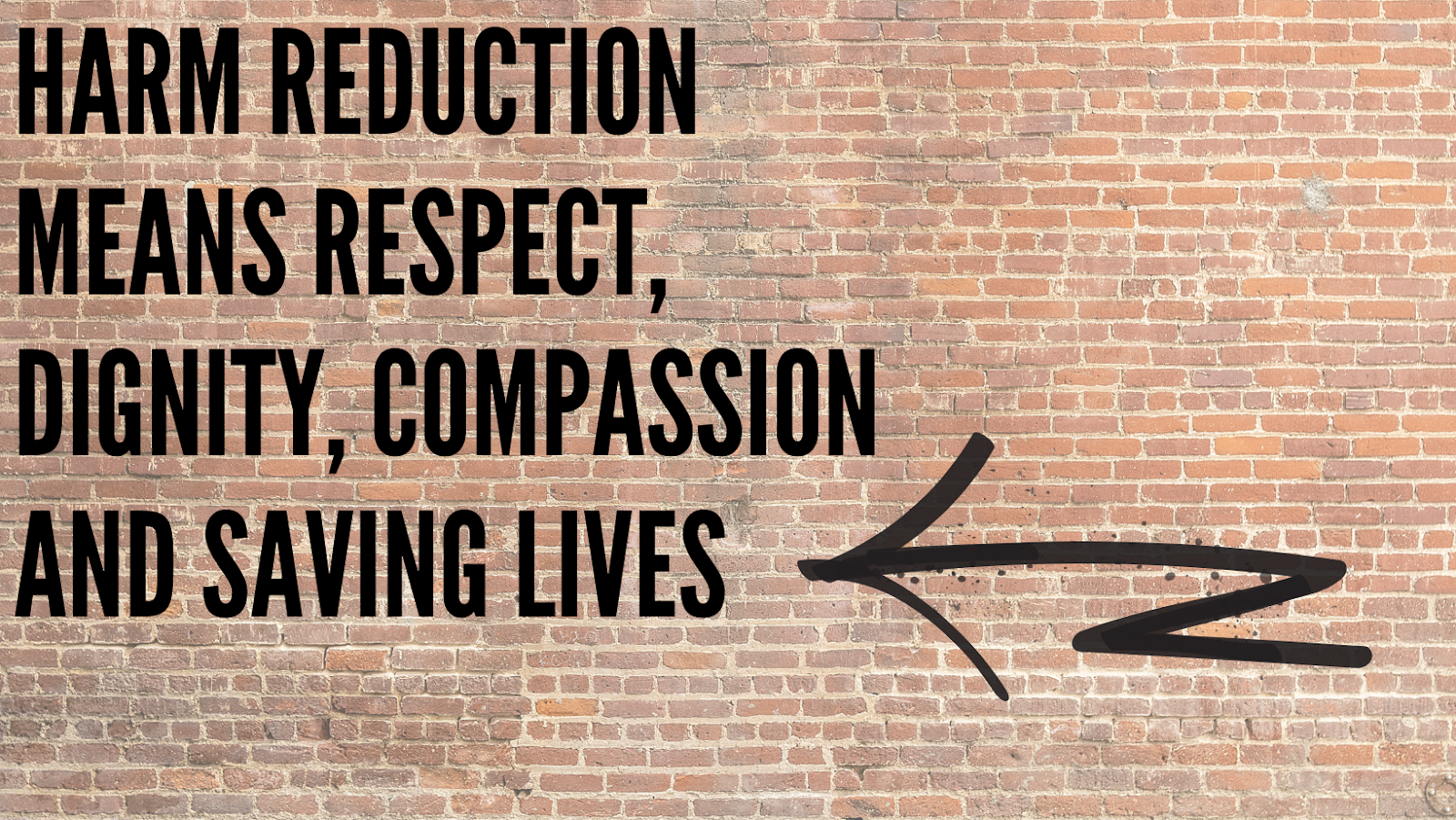
This is the 20th installment in our What’s on your mind? blog series and was written by CCJ Community Organizer Heaven Sensky.
This past year has brought many new challenges to many of our families, including mine. I lost someone very young and dear to me to an accidental overdose this past fall. My loved one experimented with what they thought was an authentic oxycontin that turned out to be fake and laced with fentanyl. They left behind a loving family, friends, and a community who continues to mourn similar losses. We will never get them back. After this major life-altering loss, I began to notice that these losses were continuing to occur, and at high rates. In March, four young people died in our community from drugs that were laced with fentanyl. It’s unclear how many lives have been lost to overdose in the past year.
It is very clear to me, however, that these losses were preventable, and I want to do something about it. I began to learn more about what could’ve saved my loved one that fateful night, who no matter the circumstances, deserved to live. So I began my journey in learning about harm reduction.
Harm reduction is a set of practical strategies and ideas aimed at reducing negative consequences associated with drug use. Because harm reduction meets people “where they’re at,” it is the best method we have to save lives. We all know someone, we all love someone, who has experimented with drugs. Many of us have done this ourselves. The consequences of drug use does not have to be death, even for those far from their journey to recovery.
Minimizing the existential impact of the opioid epidemic is good for all of us. We all lose when people are dying. We all lose when our neighbors are suffering. We have all already lost so much. Why not advocate for tools that keep people alive and keep the path to recovery open to them?
One way we can prevent harm is with fentanyl test strips – a harm reduction tool that alerts users to the presence of the substance – it could save countless lives. It would’ve saved my loved one. Sadly, this critical tool is illegal in Pennsylvania. We have the tools at our disposal to save lives. We need the ability to use them. In addition, we know that narcan (or naloxone) is a life-saving tool that reverses the impacts of overdose. People should have access to this, though right now it is quite expensive over the counter. Another form of harm reduction is clean needle exchanges, where folks using IV drugs can go to receive clean needles, which further prevent the spread of disease. Above all else, when these resources are available, they also provide a far more attainable path to recovery – the ultimate form of harm reduction.
In order to make these services more accessible, we can all work together across our community to halt the harm and save lives in real time. We invite you to join CCJ in learning more about harm reduction strategies and philosophy in order to make life-saving services more attainable and to cut down on the negative stigma that drives people who are struggling into the dark. We can work together to advocate for better practices and for decriminalizing fentanyl test strips. By putting our voices and our experiences together, we can drive change.
If you or a loved one need immediate resources, you can contact Prevention Point Pittsburgh for services.
Share your story and/or get involved with CCJ by contacting Heaven Sensky at heaven@centerforcoalfieldjustice.org or by calling 724-255-3550 ext 2.
